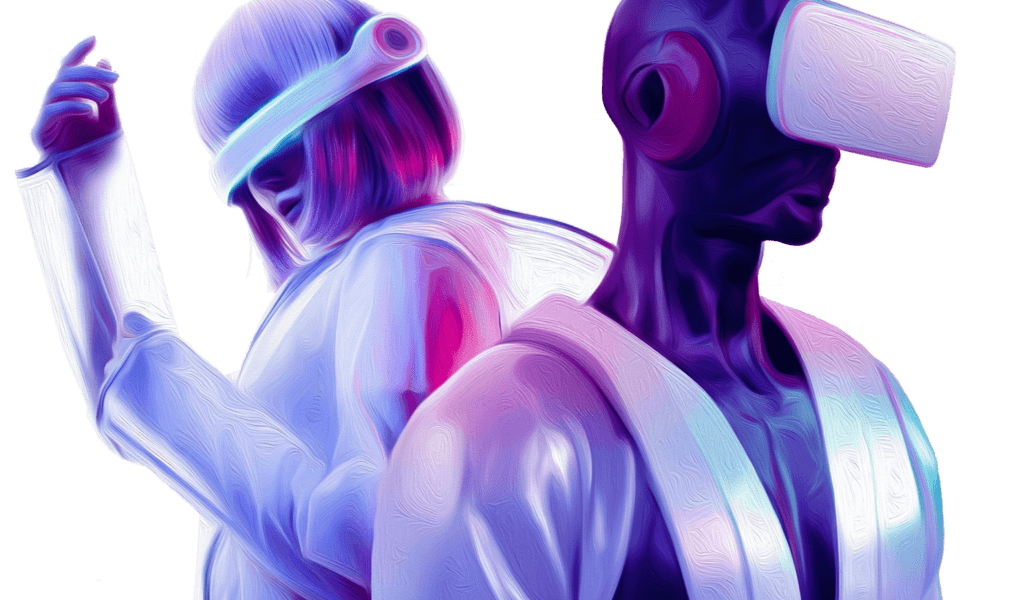Dream Assembly Base Camp, the 1-year-old luxury brand accelerator, is moving beyond its core focus of visually appealing digital fashion startups like DressX. Now, the executives leading the program are looking for backend innovators who can facilitate the seamless infrastructure set to fuel the evolving fashion and technology landscape. Owned by Farfetch, the accelerator provides startups with executive training and facilitates connections with investors and mentors in partnership with venture capital fund Outlier Ventures.
This comes amid a change in how digital fashion and web3 are being approached. There is currently a slowdown in the field after the FTX crash and web3 winter. Many web3 brands, like RSTLSS and 9dcc, are now focused on “building” rather than releasing new projects.
In preparation for the future, Farfetch and others in the luxury sector are seeking ways to connect existing infrastructure to new systems that can enable blockchain transactions, new authentication methods, sustainability-focused use cases for blockchain, and web3 community growth.
Dream Assembly’s current cohort is wrapping up its last few weeks in the 3-month-long accelerator program. Despite the fact that the program took a more tailored approach to scouting companies this time around, the number of applications exceeded last year.
Blake Lezenski, Dream Assembly program director on the Outlier Ventures side and VC investor, said the accelerator approached companies that have interesting use cases and are not thinking about luxury. “We spent the time seeking out those builders and communicating how the accelerator [applies] to them,” he said. “If you’re building something for the data economy or if you’re reinventing Discord for web3, you may not think of yourself as a luxury project, but there is immense opportunity for you in the luxury sector.”
With brands gaining more experience in the area, some aspects are coming out as key for future collaborations with startups. “One of these examples would be the luxury data economy,” said Lezenski. “Any technology that optimizes and deepens the data relationship between the brand and the client. That might be working with legacy CRM systems, reinventing CRM systems for web3, or integrating web 2 and web 3 data streams to enrich that knowledge about the customer.”
With most brands like Gucci and Adidas already counting over two years in web3, data acquisition and management are becoming more important. Metaverse data platform GEEIQ, which was not part of the cohort, has gained popularity by working directly with brands like Gucci on their data needs.
Ad position: web_incontent_pos1
“Some companies are now quite established in web3 and have built communities and done drops or engagements,” said Carol Hilsum, senior director of product innovation at Farfetch and leader of Dream Assembly on the Farfetch side. “Now, they are looking at how to evolve that and also how to manage that day to day. They are ready for a wider breadth of opportunities and scalable solutions.”
The accelerator’s current cohort includes seven startups in this and other key areas. There’s Decommerce, a protocol-based company that allows brands to host, engage and reward their communities within owned brand-immersive experiences. There’s also Numbers Protocol, a blockchain solution offering transparent tracking, authentication and provenance for digital media, ensuring integrity and fostering trust within the digital media ecosystem. With IP being such an important aspect for luxury brands, along with the emergence of AI, digital media provenance has become very important. Another member of the cohort is web3 commerce company SPIN, which offers a plug-and-play 3D on-chain digital experience in AR and VR, which streamlines phygital product operations, content and data management all in one platform.
Dream Assembly also sought out companies specializing in community infrastructures and content experience. “It’s all about how we form digital communities, how they interact with one another, and what kind of digital user experience those communities can have by being part of that,” said Lezenski. “We’re also looking into new co-creation modes for the creators economy, and how to realign incentives for that co-creation and to create novel ways of content and delivery.”
In addition, DA is aiming to increase sustainability in luxury via web3 elements. This involves more standard use cases for blockchain, which can support fashion item lifecycle extension, circular fashion systems, secondary sales and luxury rental.
Currently, brands are exploring different ways to fund their web3 projects, according to Hilsum. “The trend had been that an NFT sale would fund a company or its web3 project,” she said. “That is not something that would be realistic going forward within the ecosystem. Instead, brands are looking at tokenization opportunities and creating value through a web3 form of commercialization.”
Ad position: web_incontent_pos2
One challenge that Dream Assembly’ leaders have encountered is that the startups applying for the accelerator are often service- rather than product-based. “We need to invest in projects that are scalable enough to also have the potential to generate venture-size returns. This usually means we need a technology product,” said Lezenski.
“Part of the advice we are giving the startups is that web3 strategy is quite inconsistent across the industry,” said Hilsum. “Brands have a lot more understanding of the space, as well, so these startups need to go deeper on the more technical and product details, because all of these luxury brands have unique offerings, and it’s a busy space.”




